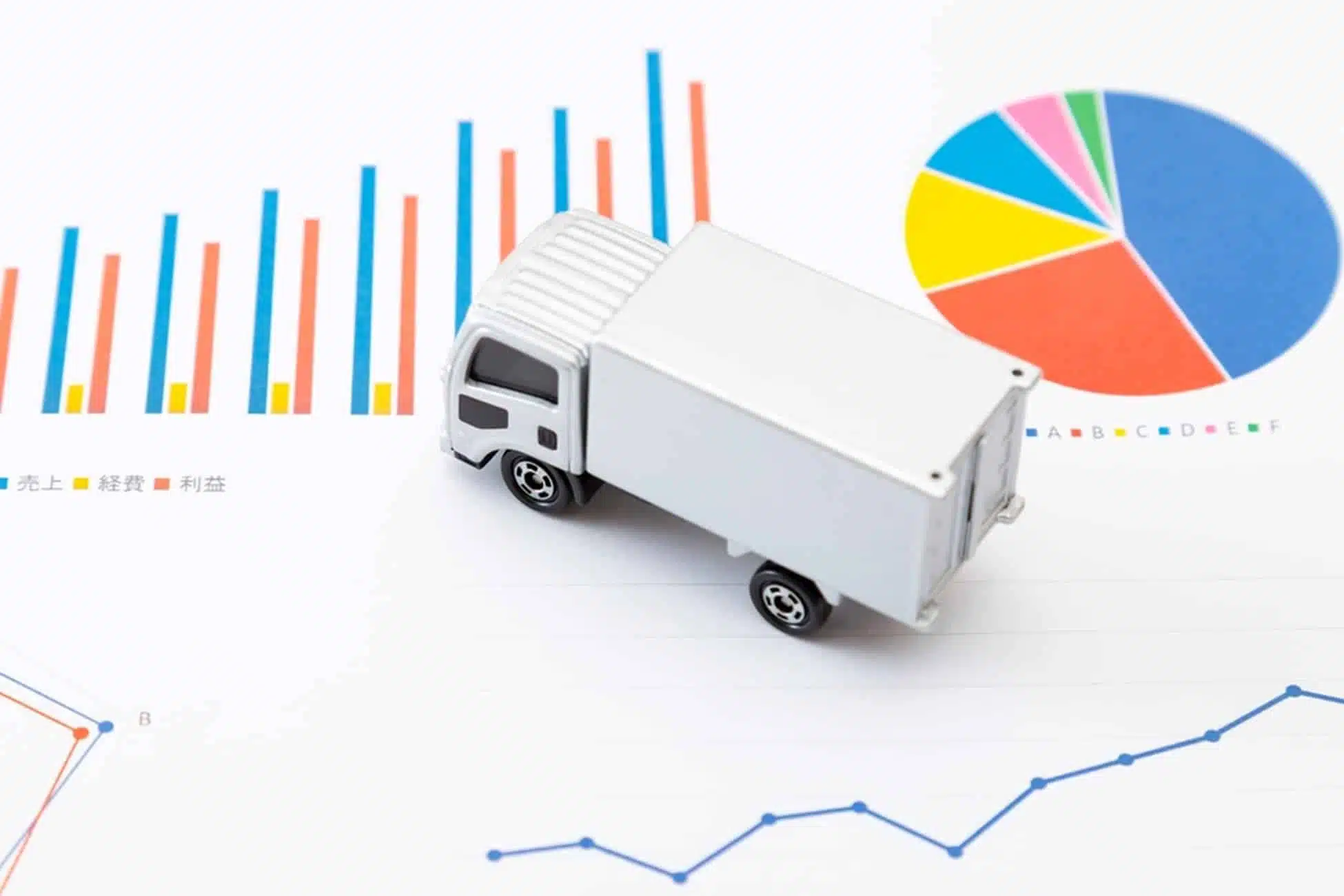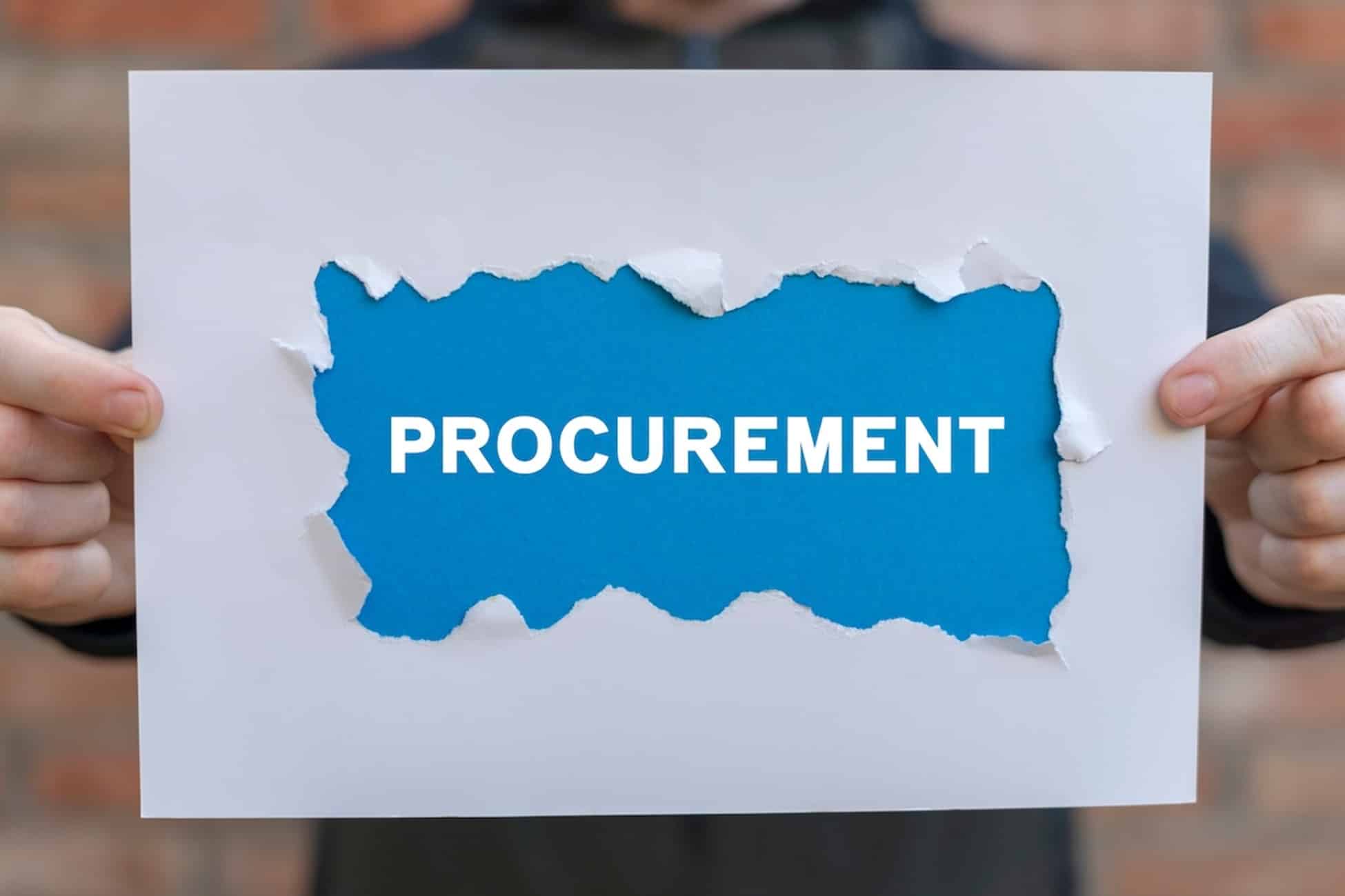
Imagine you’re at the helm of a logistics operation, where every decision you make has a ripple effect on the efficiency and cost-effectiveness of transporting goods, whether it’s across town or across the globe. In this high-stakes environment, challenges like a delayed shipment or an overbooked carrier are more than just minor setbacks; they’re critical issues demanding intelligent, strategic solutions. This is where the combination of savvy strategies and robust freight management software becomes indispensable. Together, they form the backbone of modern freight management—a world where managing costs effectively, ensuring timely deliveries, and maintaining customer satisfaction are daily responsibilities.
In this article, we’re set to dive deep into the world of freight management. We’ll explore a range of practical strategies and demonstrate how integrating them with an advanced freight management system can significantly optimize your operations, cut costs, and boost overall efficiency. Whether you’re a seasoned logistics expert or just starting out, these insights are tailored to equip you with the tools you need to thrive in today’s ever-evolving logistics landscape.
Understanding Freight Management Challenges
Freight management is more than just moving boxes; it’s a complex puzzle of challenges that can impact the efficiency of your supply chain. Here’s a rundown of the key hurdles faced in this sector, and how a freight management system can help tackle them:
- Cost Volatility: Fluctuating fuel prices and carrier rates can turn budgeting into a complex task. A freight management system offers tools to navigate these financial uncertainties more effectively.
- Operational Efficiency: In the world of freight, time is a valuable currency. Optimizing routes, ensuring load accuracy, and reducing vehicle idle time are crucial, and this is where freight management software can play a pivotal role.
- Regulatory Compliance: The transportation sector is laden with regulations. Staying compliant is a significant challenge, one that freight management software can simplify by keeping track of the latest changes and ensuring adherence.
- Customer Expectations: Modern customers expect quick, reliable deliveries. Meeting these expectations requires not just speed, but also accuracy and transparency, which can be achieved through sophisticated a freight management system.
- Technology Adoption: Keeping up with the latest technological advancements in logistics can be overwhelming. Freight management software often incorporates these advancements, making it easier for businesses to stay competitive.
- Risk Management: Dealing with unexpected events requires agility and robust planning. Freight management systems provide the tools needed for effective risk management and quick problem-solving.
Understanding these challenges is just the beginning. Next, we’ll explore how leveraging the right strategies and tools, particularly freight management software, can transform these challenges into opportunities for your business.
Strategies for Enhanced Freight Management
Navigating the complex world of freight management requires more than just intuition; it demands a blend of smart strategies and the right tools. Here’s how you can elevate your freight management game:
Embrace Technology for Streamlined Operations
In an era where technology drives efficiency, leveraging advanced freight management software is non-negotiable. These systems offer real-time tracking, automated route planning, and data analytics, turning logistical challenges into opportunities for optimization.
Optimize Routes for Maximum Efficiency
Time spent on the road directly impacts your bottom line. Utilizing software to analyze and optimize routes can significantly reduce transit times and fuel costs, leading to more efficient operations and lower environmental impact.
Forge Strong Carrier Relationships
The strength of your carrier network can define your success. Use a freight management system to manage these relationships effectively, ensuring you have reliable partners who understand and align with your business goals.
Stay Ahead with Predictive Analytics
Anticipating problems before they arise is key. Modern freight management software comes equipped with predictive analytics, helping you foresee potential delays or disruptions and plan accordingly.
Automate for Accuracy and Efficiency
Manual processes are prone to errors and inefficiencies. Automating tasks like billing, invoicing, and documentation through software not only saves time but also reduces the likelihood of costly mistakes.
Prioritize Compliance and Safety
Navigating the maze of regulations in logistics can be daunting. Freight management systems helps ensure compliance with industry standards and safety regulations, keeping your operations legal and secure.
Focus on Customer Satisfaction
In the end, customer satisfaction is paramount. Utilize the tracking and communication features of your freight management software to provide customers with real-time updates and responsive service.
By integrating these strategies with the capabilities of advanced freight management software, you can transform the way you handle logistics, leading to more efficient, cost-effective, and customer-focused operations. In the next section, we’ll delve into the role of freight management software in more detail, highlighting how it can be the linchpin in your logistics operations.
The Role of a Freight Management System in Optimizing Logistics
In the intricate dance of logistics, having the right partner makes all the difference. Freight management software is that essential partner, a tool that brings efficiency, clarity, and agility to your freight operations. Let’s explore how this software becomes a cornerstone in modern logistics:
Centralized Control and Visibility
Imagine having a bird’s-eye view of your entire logistics operation. Freight management software centralizes all your logistics data, giving you unparalleled visibility and control over every aspect of your supply chain.
Enhanced Decision Making with Data Analytics
Data is the new gold in logistics. This software turns data into actionable insights, helping you make informed decisions about routes, carrier selection, and cost management.
Efficiency Through Automation
Automation is the key to efficiency. From scheduling pickups and deliveries to generating invoices and managing documentation, freight management software automates routine tasks, freeing up your team to focus on more strategic activities.
Improved Customer Service
In today’s fast-paced world, customers expect real-time information. This software enables you to provide instant updates on shipment status, enhancing customer satisfaction and trust.
Scalability and Flexibility
As your business grows, your logistics needs evolve. Freight management software is scalable, adapting to your changing needs without skipping a beat.
Cost Reduction and Profit Maximization
By optimizing routes, automating tasks, and reducing errors, this software plays a crucial role in cutting down costs and boosting your bottom line.
Risk Mitigation and Compliance
Stay ahead of risks and regulatory compliance. The software keeps you updated on regulatory changes and helps manage risks associated with logistics operations.
Incorporating freight management software into your logistics strategy is not just an upgrade; it’s a transformation. It empowers you to navigate the complexities of modern logistics with confidence and finesse. In the next section, we’ll wrap up our journey through the world of freight management, summarizing the key takeaways and guiding you towards making informed decisions for your logistics needs.
Argos Software: Your Solution for Advanced Freight Management
As we’ve explored the strategies for optimizing freight management, it’s clear that having the right tool is crucial. Argos Software’s Freight Management Suite stands out as a comprehensive solution, tailored to meet the demands of modern transportation and logistics. Let’s delve into how Argos Software can be the key to unlocking efficiency and cost savings in your freight operations:
- Real-Time Shipment Tracking: With Argos Software, you gain the ability to monitor shipments live, keeping both your team and customers in the loop. This level of transparency is vital in today’s fast-paced logistics environment, ensuring timely deliveries and maintaining customer trust.
- Intelligent Route Optimization: Argos Software goes beyond basic route planning. It uses advanced algorithms and real-time data to find the most efficient routes, saving time and fuel costs, and contributing to your sustainability goals.
- Robust Carrier Management: Managing multiple carrier relationships can be complex. Argos Software simplifies this with a centralized platform for all carrier interactions, ensuring smooth operations and beneficial partnerships.
- Freight Cost Analysis: Understanding and controlling freight costs is crucial. Argos Software provides detailed insights into these costs, enabling precise financial planning and cost-saving strategies.
- Capacity Planning and Utilization: Maximize the use of space in vehicles and containers with Argos Software’s capacity planning tools. Efficient space utilization translates into cost savings and improved operational efficiency.
- Safety and Compliance Monitoring: Stay compliant with industry regulations and maintain high safety standards. Argos Software helps monitor these aspects, safeguarding your operational integrity and brand reputation.
- Automated Billing and Invoicing: Reduce manual errors and save time with Argos Software’s automated billing and invoicing system, ensuring financial accuracy and improving cash flow.
- Customer Portal for Enhanced Transparency: Provide your customers with a dedicated portal for real-time shipment tracking and access to necessary documentation, enhancing customer satisfaction and reducing operational burdens.
- Multi-Modal Support and Collaborative Tools: Manage complex logistics involving multiple modes of transport seamlessly. Argos Software provides tools for effective collaboration among all stakeholders in the freight process, ensuring clear communication and operational excellence.
By integrating Argos Software into your freight management strategy, you’re not just adopting a tool; you’re transforming your entire approach to logistics. It empowers you to manage your operations more effectively, respond to challenges swiftly, and drive your business towards greater success.
Wrapping Up and Moving Forward
In conclusion, optimizing freight management is about blending smart strategies with the right technological tools. As we’ve seen, Argos Software offers a robust solution that addresses the core aspects of freight management, from real-time tracking to efficient route optimization and beyond. By leveraging these tools and strategies, you can streamline your operations, reduce costs, and enhance overall efficiency, positioning your business for success in the competitive world of logistics.
Ready to take your freight management to the next level? Discover how Argos Software can transform your logistics operations. Contact us to learn more and take the first step towards optimized freight management today.
Related: What is a Transportation Management System (TMS)? The Features and Benefits of TMS Software






